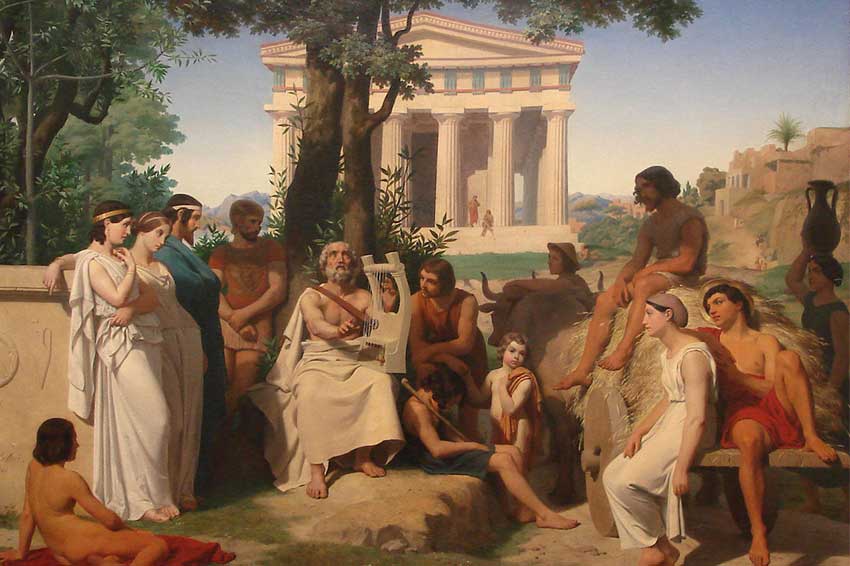
The decision by the English curriculum authority Ofqual to allow schools to stop teaching GSCE poetry is yet another indictement of how substandard and dumbed down the curriculum has become. The situation in Australia is equally as bad where poetry has virtually disappeared from the English classroom.
Add the fact that whatever literature is left is deconstructed in terms of neo-Marxist inspired critical theory and postmodernism and it’s understandable why so many students are leaving school culturally impoverished and morally adrift.
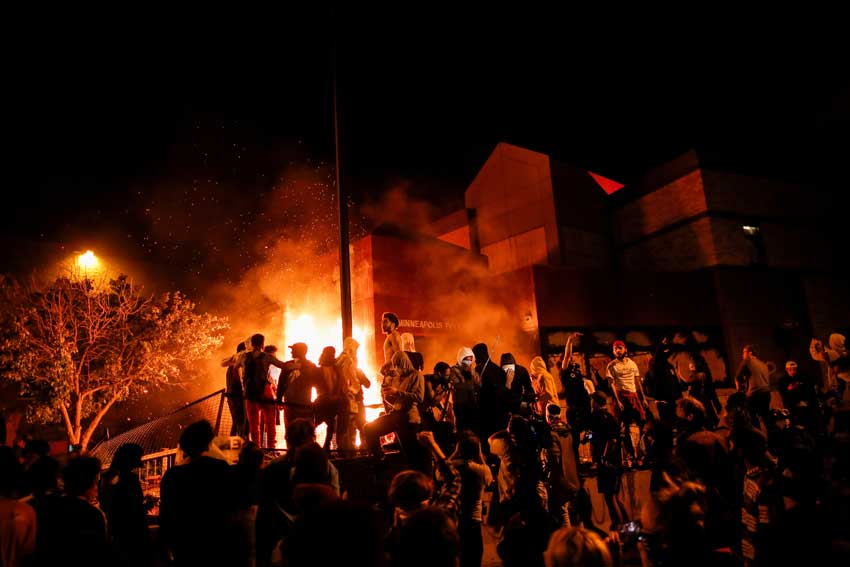
Percy Bysshe Shelley in his essay ‘A Defence of Poetry’ distinguishes between two modes of what he describes as mental action – reason and the imagination. While science embodies rationality and reason it is poetry that stimulates and enriches a person’s spirit and imagination.
Shelley writes “It awakens and enlarges the mind itself by rendering it the reception of a thousand unapprehended combinations of thought. Poetry lifts the veil from the hidden beauty of the world , and makes familiar objects be as if they are not familiar”.
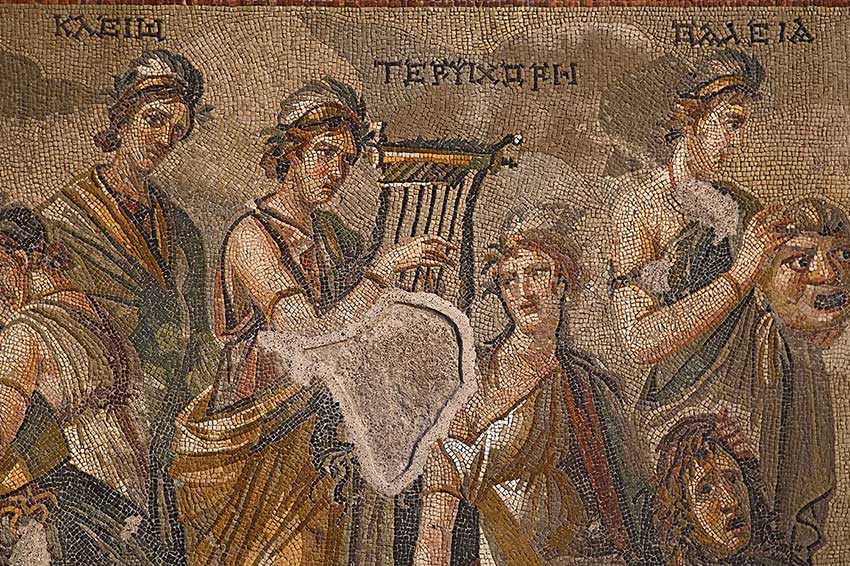
William Blake also suggests poetry provides a unique way of understanding the world when arguing poetry by igniting the imagination cleanses the doors of perception. He writes “He who sees the Infinite in all things sees God. He who sees the Ratio only, sees himself only”.
Empiricism and reason are essential but equally as important is what Blake describes as the ability to see beneath and beyond the surface of things and to comprehend a deeper, more spiritual and lasting reality that surrounds us all:
To see a World in a Grain of Sand
And a Heaven in a Wild Flower,
Hold Infinity in the palm of your hand
And Eternity in an hour.
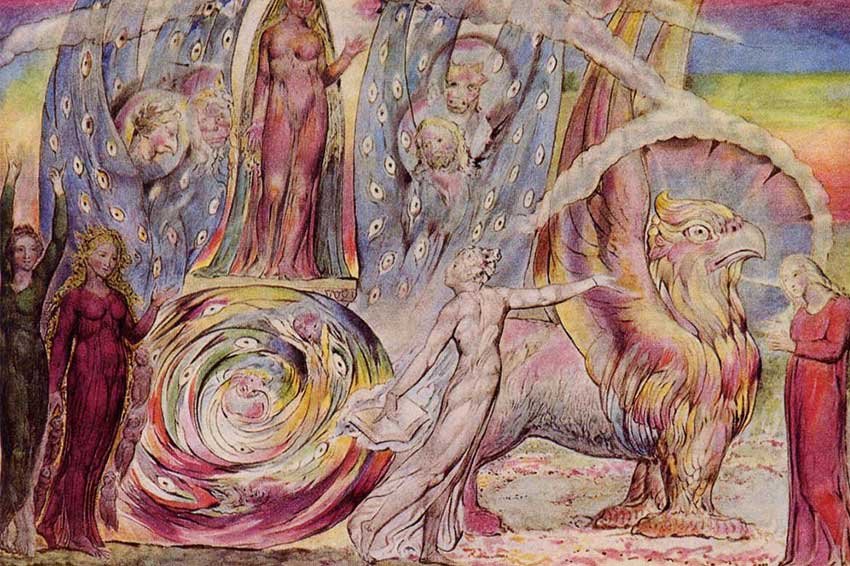
The world in which we exist can be analysed and understood in terms of its physical properties but what poetry since time immemorial offers is a transcendent and spiritual sense of human nature and the world in which we exist and the world yet to come.
Poetry also illuminates and reveals what it means to be human and to exist in an imperfect world in which we strive for meaning and fulfilment. Alexander Pope when describing the human condition writes:
Created half to rise, and half to fall;
Great lord of all things, yet a prey to all;
Sole judge of truth, in endless error hurled;
The glory, jest, and riddle of the world!
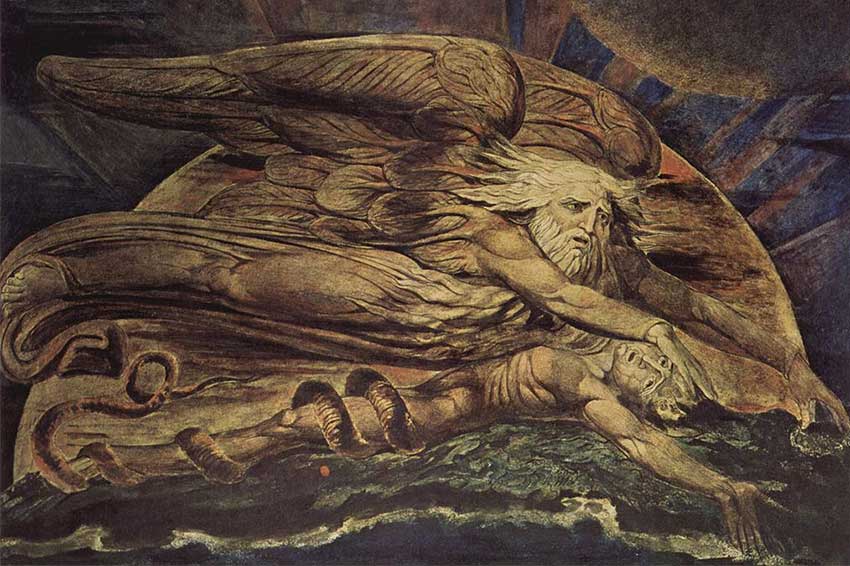
Shelley sees poetry as inherently moral on the basis, “A man, to be greatly good, must imagine intensely and comprehensively; he must put himself in the place of another and of many others”. Poetry by enlivening the imagination encourages readers to move outside themselves and to empathize and better understand other people and what we hold in common.
Unlike language that is practical and utilitarian poetry, as suggested by Samuel Taylor Coleridge, involves a “willing suspension of disbelief”. Great poets are able to shape and fashion language in such a way as to transport readers to worlds beyond their physical location and to experience thoughts and emotions beyond their immediate experience.
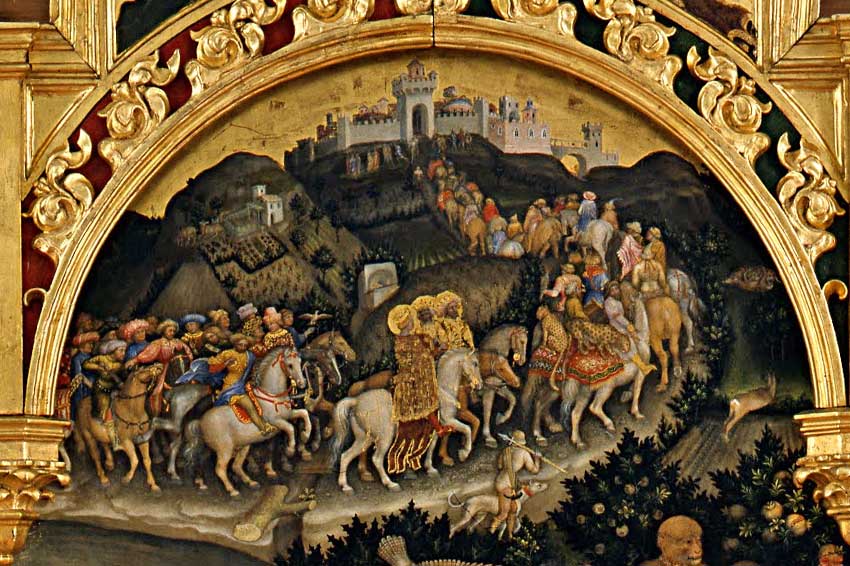
Regardless of your time and place it’s possible to join Chaucer’s pilgrims on their journey, to follow the travails of King Arthur and the knights of the Round Table and to understand the profound, lasting impact of the birth of Jesus as described by T.S. Eliot in ‘The Journey of the Magi’.
It’s also true, contrary to the prevailing educational orthodoxy that learning must be immediately useful, relevant and engaging, that poetry while often not being fully understood when first encountered has the ability to resurface years later when it appears so meaningful and relevant you wonder why you ever doubted its authenticity.
Reading a poem is nothing like following an Ikea manual where language is employed in a practical and utilitarian way as the purpose is to instruct the reader how to assemble whatever has been bought.

Poetry is unique as it employs language in a rich and evocative way involving alliteration, assonance, rhythm and rhyme. Such is the lyrical nature of poetry that it trains the ear to appreciate the musical quality of language – something sadly lacking in what now passes as acceptable prose in the mainstream media.
There’s no doubt we are living in an increasingly materialistic, self-centred and narcissistic age where so many appear ego-driven and incapable of empathising with others. As such it’s vital poetry is central throughout all the years of schooling.

And the encounter should begin with nursery rhymes and nonsense verse before moving on to children’s poems and the more established poetry that has stood the test of time, is well crafted and says something profound about human nature and the world in which we live.
Dr Kevin Donnelly is a senior research fellow at the Australian Catholic University and author of A Politically Correct Dictionary and Guide (available at kevindonnelly.com.au)
Related Stories:
